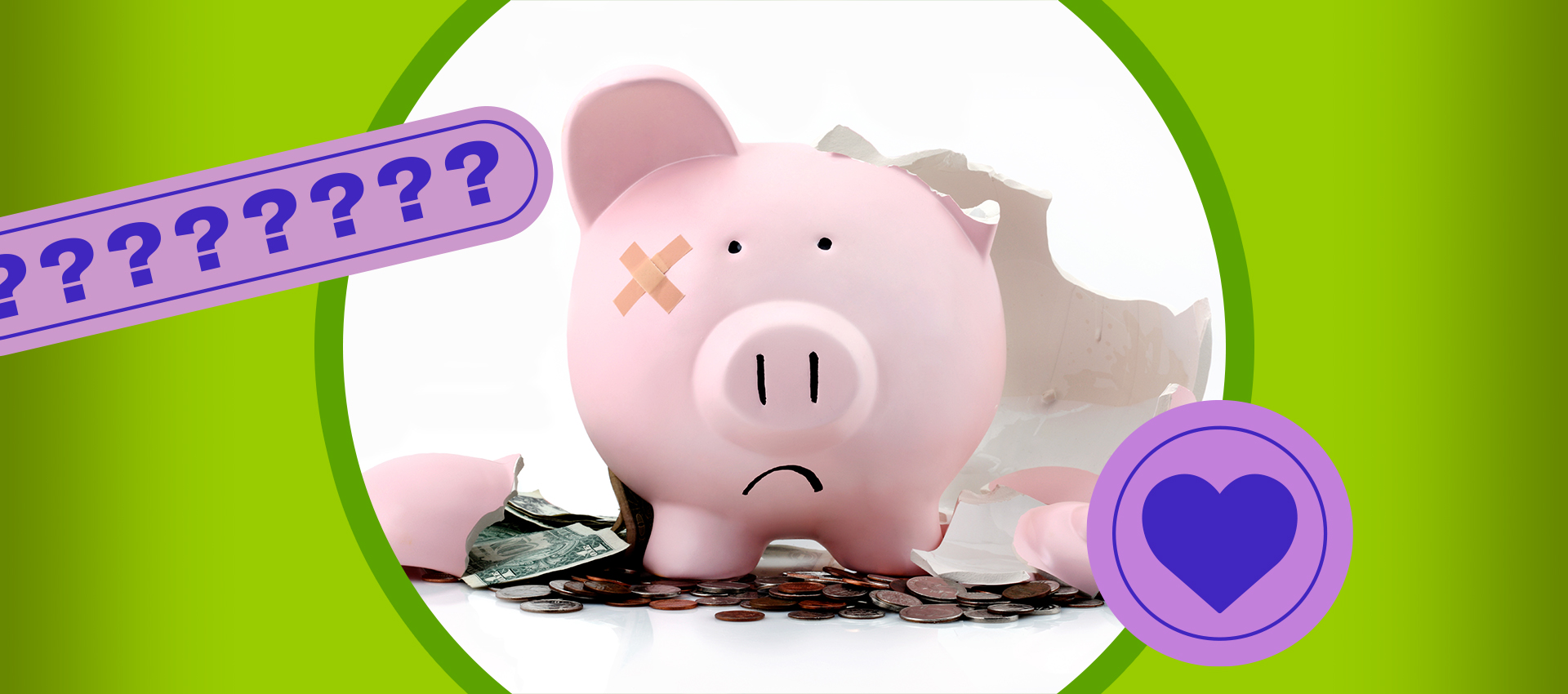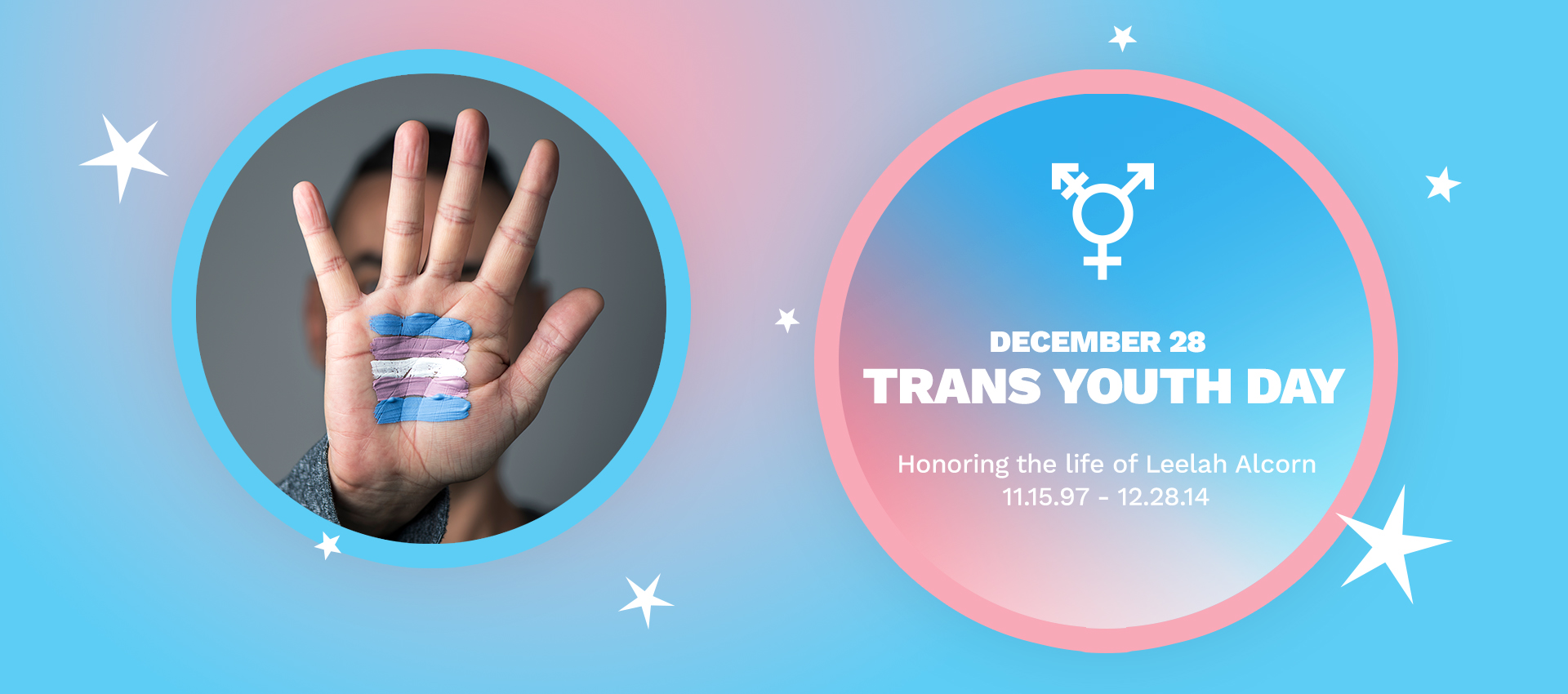Sensitive Content Warning
Domestic abuse is also referred to as domestic violence, dating abuse, relationship abuse, or intimate partner violence. It is a pattern of behaviors used by one partner to maintain power and control over another partner in an intimate relationship. Domestic abuse doesn’t discriminate and can happen to anyone, regardless of race, age, gender, sexuality, religion, or economic status.
There are many different types of abuse that can happen in a relationship and often more than one type occurs. This can include:
- Physical
- Emotional and verbal
- Sexual
- Reproductive
- Financial
- Digital
- Stalking
Domestic abuse is never okay. Everyone deserves a loving, respectful, and healthy relationship – no matter what.
What are the signs of domestic abuse?
There are many signs of domestic abuse, and it doesn’t always look the same. However, common signs of abusive behavior include but are not limited to:
- Telling someone that they never do anything right
- Showing extreme jealously of someone’s friends or time spent away from them
- Preventing or discouraging someone from spending time with friends, family members, or peers
- Insulting, demeaning, or shaming someone, especially in front of other people
- Preventing someone from making their own decisions
- Controlling finances without discussion, including taking someone’s money or refusing to provide money for necessary expenses
- Pressuring someone to have sex or perform sexual acts you’re not comfortable with, including sexual assault and/or rape
- Pressuring someone to use drugs or alcohol
- Intimidating someone through threatening looks or actions
- Insulting parenting or threatening to harm or take away someone’s children or pets
- Intimidating someone with weapons like guns, knives, bats, or mace
- Destroying someone’s belongings or home
- Refusing to use a condom or other types of birth control
- Lying about using a method of birth control
- Forcing pregnancy or not supporting decisions about when or if to have children
While it’s impossible to know what goes on behind closed doors, here are some signs to watch out for, if you think you know someone is in an abusive relationship:
- Seem afraid or anxious to please their partner
- Go along with everything their partner says and does
- Check in often with their partner to report where they are and what they’re doing
- Receive frequent, harassing phone calls from their partner
- Talk about their partner’s temper, jealousy, or possessiveness.
For more information about the signs of domestic abuse, visit the National Domestic Violence Hotline.
Why don’t people just leave?
It’s hard sometimes to understand why someone may choose to stay in an abusive relationship when it seems like leaving is a simple solution. However, leaving an abusive partner can be very hard for someone, and, sometimes, can even be dangerous. Reasons that someone may stay include:
- Fear or afraid to leave
- Still in love with their partner and hope that they will change
- Stay for their children or fear that their children may be taken
- Isolation or doesn’t have the means to leave
Whatever the reason may be, it is important to not make someone feel wrong for staying.
If someone I know is possibly in an abusive relationship, what can I do?
There are a lot of things that you can do to support someone that is in a possible abusive relationship. The most important thing you can do is to listen without judgement. Other things that you can do include:
- Ask if something is wrong
- Express concern
- Offer help
- Support their decisions
However, there are things that you shouldn’t do. This includes:
- Wait for them to come to you
- Judge or blame
- Pressure them
- Give advice
It is important to remember that abuse is never your fault. If you or someone you know is in an abusive relationship, you can always visit the National Domestic Violence Hotline or find a healthcare provider near you for more information.



